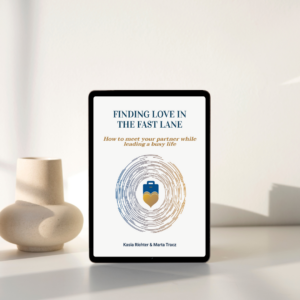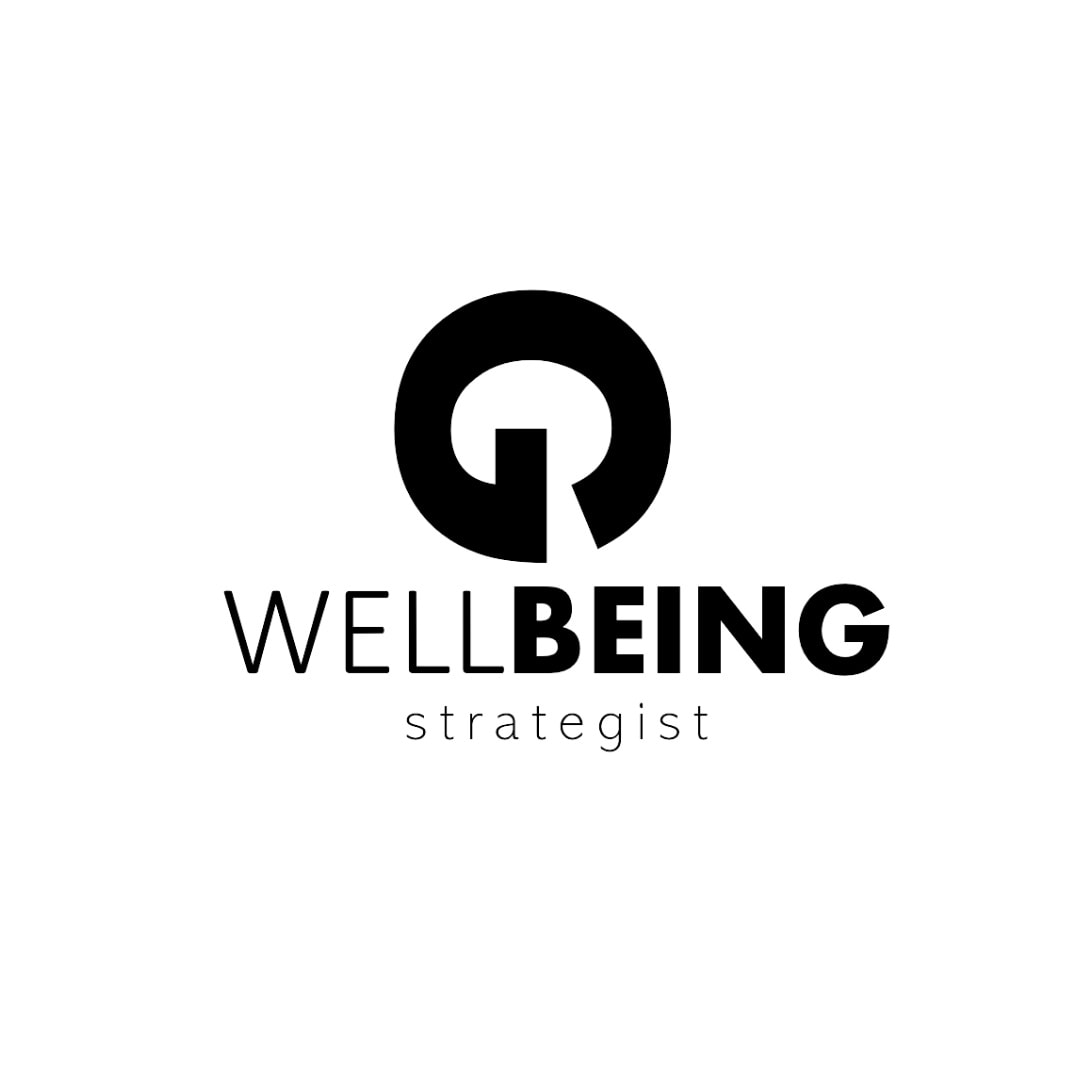Being strong, confident, successful requires resilience. It is a quality of great leaders who always find a solution, no matter how hard the situation is.
Finding ways to adapt to changes requires situational awareness and the ability to deal with uncontrollable circumstances.
In essence, being resilient means being able to adapt and bounce back when something difficult happens in our lives. It is the ability to once again pick ourselves up after trauma or painful experience.
Our levels of resilience will change and develop throughout our lives, and at points, we will find that we do not cope as well as others, as well as surprising ourselves when we manage a difficult situation. The good news is that resilience is like a muscle and you can work on it and make it stronger.
This is precisely what I will cover in this article.
You will learn 5 effective ways of becoming more mentally tough and bouncing back from difficulties.
Controlling your emotions
“Success comes to those who can manage a lot of stress.”- said Spanda Makt, visionary and an entrepreneur in the interview I recently conducted.
Being faced with a stressful situation presents a great opportunity for emotions to take over and rule our behaviour.
Understanding your emotions makes it possible for you to manage them so that they work for rather than against you. For instance, having established that you are feeling sad, you can take steps to make yourself feel happier.
Do you know what you are feeling?
The first step in managing your emotions is simply having awareness of your emotional states and the connection between your feelings, thoughts, and behaviours. Being mindful – paying attention on purpose and without judgment – is increasingly shown in research to be a skill that when practiced can increase your ability to face challenges more calmly and effectively.
If you have difficulty identifying your emotions, try this exercise.
Imagine a bus with passengers inside. Each passenger represent different emotion, it can be sadness, joy, anger, surprise, love, disgust or fear. You are the bus driver and your goal is driving the bus safely towards the destination of your choice.
Answer the questions:
What passengers do you have inside right now?
How long do you want to keep particular passengers inside?
Who is driving the bus? Is it you or perhaps sadness of fear has taken over the steering wheel and is driving the bus in a totally opposite direction?
Getting the right perspective
No problem can be solved from the same level of consciousness that created it.
– Albert Einstein
Uncertainty and change are inevitable in life and the important thing is to understand it and embrace it.
Without change there is no growth. Would you ever become an adult without going trough the phase of infancy, childhood, and adolescence?
It is also crucial to understand what is within our personal control and what is not.
Next time you are faced with difficult situation ask yourself these questions:
- What is the desired outcome of this situation?
- What are the things that I can fully control?
- What are the things that are not under my control?
According to research in positive psychology the most effective ways of coping with difficult situations is to let go of the uncontrollable circumstance and accept that there is simply nothing that one can do to change the situation.
Another way of dealing with uncontrollable circumstances is active coping, focused on dealing with emotions and feelings that are present.
Building internal strength
Self esteem is the basic component of our internal strength.
Sometimes it can be ruined by a toxic partner, unsupportive environment or event our parents.
We often don’t even realise that but our self-talk can have a big influence on how we feel about who we are. The internal critic in our head can have a devastating effect as it will make us believe that we are not smart enough, good enough or whatever enough to achieve our goals. The time has come to face our internal critic and ask him some questions. Every time he starts going on with the usual negative statements such as “ You will never make it, you are useless, its a waste of time etc.”, stop and ask him:
“ Is it true? “, “ How do you know its true?” “ Who told you that?” See what happens when you start questioning you internal critic. You may realize that your internal critic picked up something that he has been told by your parents, your siblings, friends, partner etc. and it is not even a fact, just an idea of somebody else.
It is your life and you better stick to the facts. One of the great ways is making a list of your accomplishments, things you are proud of. Make a list of 100 things you are proud of. It can be the fact that you are disciplined as you wake up early and exercise; it can be your professional achievements such as being promoted, speaking foreign languages etc.
The moment you start believing that you can bounce back is the same moment things will start going your way. Your belief is everything. You can learn to be more resilient.
Boosting optimism
Science shows that those with an optimistic outlook have better cardiovascular health and a stronger immune system, earn a higher income and have more successful relationships.
Positive thinking doesn’t mean that you ignore life’s stressors. You just approach hardship in a more productive way.
Constructing an optimistic vision of life allows one to have a full interpersonal world in spite of unfortunate circumstances, it reduces feelings of sadness/depression and anxiety, increases your lifespan, fosters stronger relationships with others and provides a coping skill during times of hardship. Being optimistic allows you to handle stressful situations better, which reduces the harmful health effects of stress on your body.
One of my favourite exercises that boost optimist is imagining the best possible future.
Write down a description of your best possible future after achieving the goal you are currently working on. Immerse your senses in that picture, see clearly the environment, people next to you, hear the sounds, notice emotions and actions. Practice this exercise on a regular basis. It will not only help you to stay focused but also maintain the energy and motivation required in your daily actions.

Taking action
Taking decisive action is an important factor in improving resilience; it allows us to gain confidence and thus to take control of a situation instead of detaching completely from problems.
Part of taking action is planning. Follow the 5 points when creating your next plan of action.
- List all the things that may go wrong
- Discuss your options with others (people of trust, who will be affected, experts, mentors)
- Don’t ignore your inner feelings that alerting you there could be a problem
- Set a deadline for your decision; search for more info
- Be decisive; it is OK if you don’t take any action only if you have deliberately decided not to!
Also, remember that your overall sense of well-being is supported by taking time every day to take care of yourself, both your body and your mind. Finding joy in following your plan can help al lot as well as celebrating your successes each step of the way.
Building resilience can be a lengthy and complex process, especially if you are on your own or do not where to start. Deal With Culture may help.
In the upcoming online course BUILD RESILIENCE you can learn practical tools for developing positive mindset, managing your emotions and moving forward in your life.









